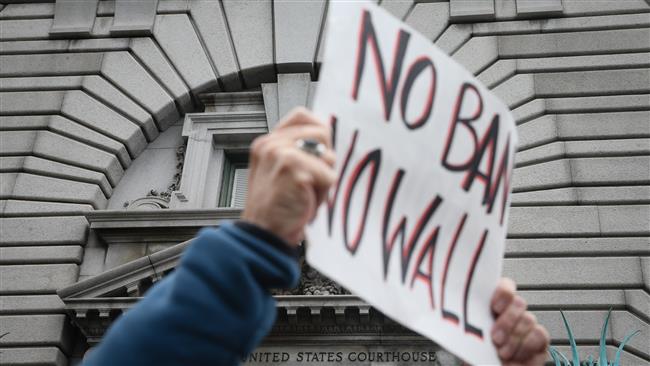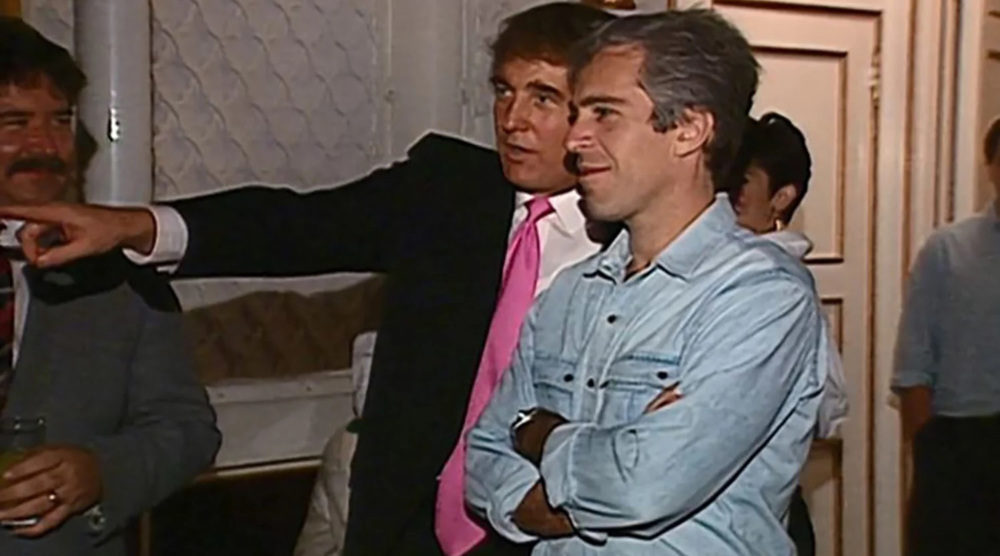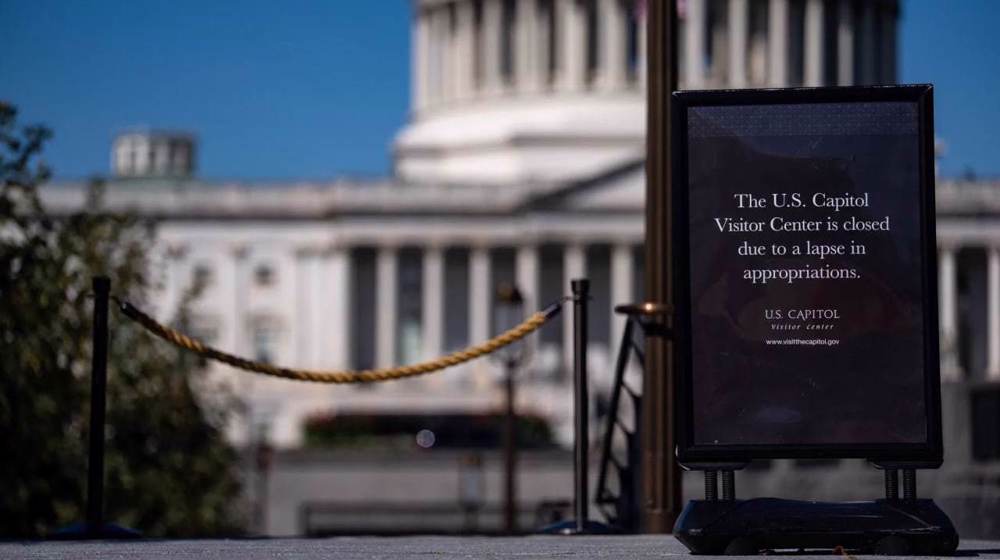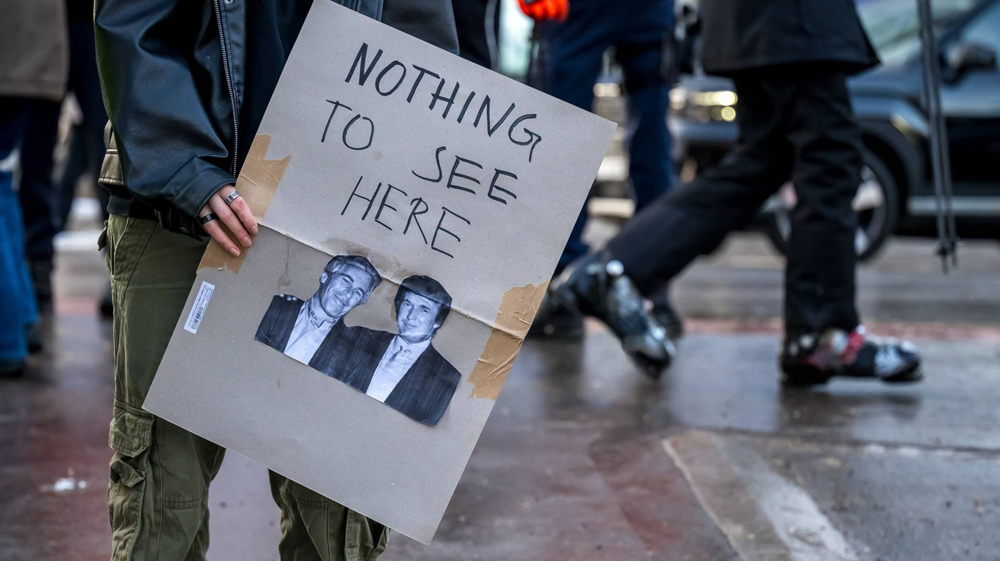Trump may ‘break up’ unruly federal court
US President Donald Trump has floated the possibility of breaking up the 9th Circuit Court, after a district court in its jurisdiction blocked another anti-immigration step taken by his administration.
“There are many people who want to break up the 9th Circuit. It's outrageous,” Trump told Washington Examiner on Wednesday, a day after District Judge William Orrick III in San Francisco, California, blocked his executive order to withdraw funding from so-called “sanctuary states” that refuse to cooperate with efforts to find and deport illegal immigrants.
The move came after a Washington federal judge’s similar ruling crippled Trump’s clampdown on immigration by blocking his travel ban against citizens from several Muslim countries in February. A revised version of the ban was blocked by a Hawaii judge in March.
“The language on the ban, it reads so easy that a reasonably good student in the first grade will fully understand it. And they don't even mention the words in their rejection on the ban," Trump fumed in his interview.

Describing the rulings as “semi-automatic,” the new Republican president accused the court of overstepping its authority.
Earlier in the day, Trump accused his opponents of “judge shopping” at the court.
“Out of our very big country, with many choices, does everyone notice that both the ‘ban’ case and now the ‘sanctuary’ case is brought in the Ninth Circuit, which has a terrible record of being overturned (close to 80%),” he wrote in multiple tweets. “They used to call this ‘judge shopping!’ Messy system.”
Besides Hawaii, Washington and California, the 9th Circuit Court also covers Arizona, Alaska, Nevada, Idaho, Oregon and Montana, as well as Guam and the Northern Mariana Islands.
Out of the court’s 25 judges, 187 have been appointed by Democratic presidents.
Read More:
Democrats have also managed to postpone Trump’s plans to build a wall on the border with Mexico, another one of his main campaign pledges to curb immigration.
The Trump administration had asked Congress for $1.4 billion as a down payment for the roughly $21 billion project. However, he dropped the request because it risked derailing negotiations with Democrats for a spending extension to prevent a government shutdown.
Trump tells India to buy Venezuelan oil instead of Iranian crude
UAE 'spy sheikh' invested in Trump-linked firm before his inauguration: Report
From Iraq war crimes to Gaza’s ‘board of peace’: Why Tony Blair belongs in The Hague
Iran considers European armies as terrorist groups: Parliament speaker
VIDEO | Arrests at Palestine demonstration in Frankfurt
Trump ‘disappeared’ 12-year-old girl, threatened to disappear another: Report
#IR47: How Iran’s Islamic Revolution continues to inspire anti-imperialist currents worldwide
VIDEO | Italians: EU no longer diplomatic broker but instrument of war










 This makes it easy to access the Press TV website
This makes it easy to access the Press TV website